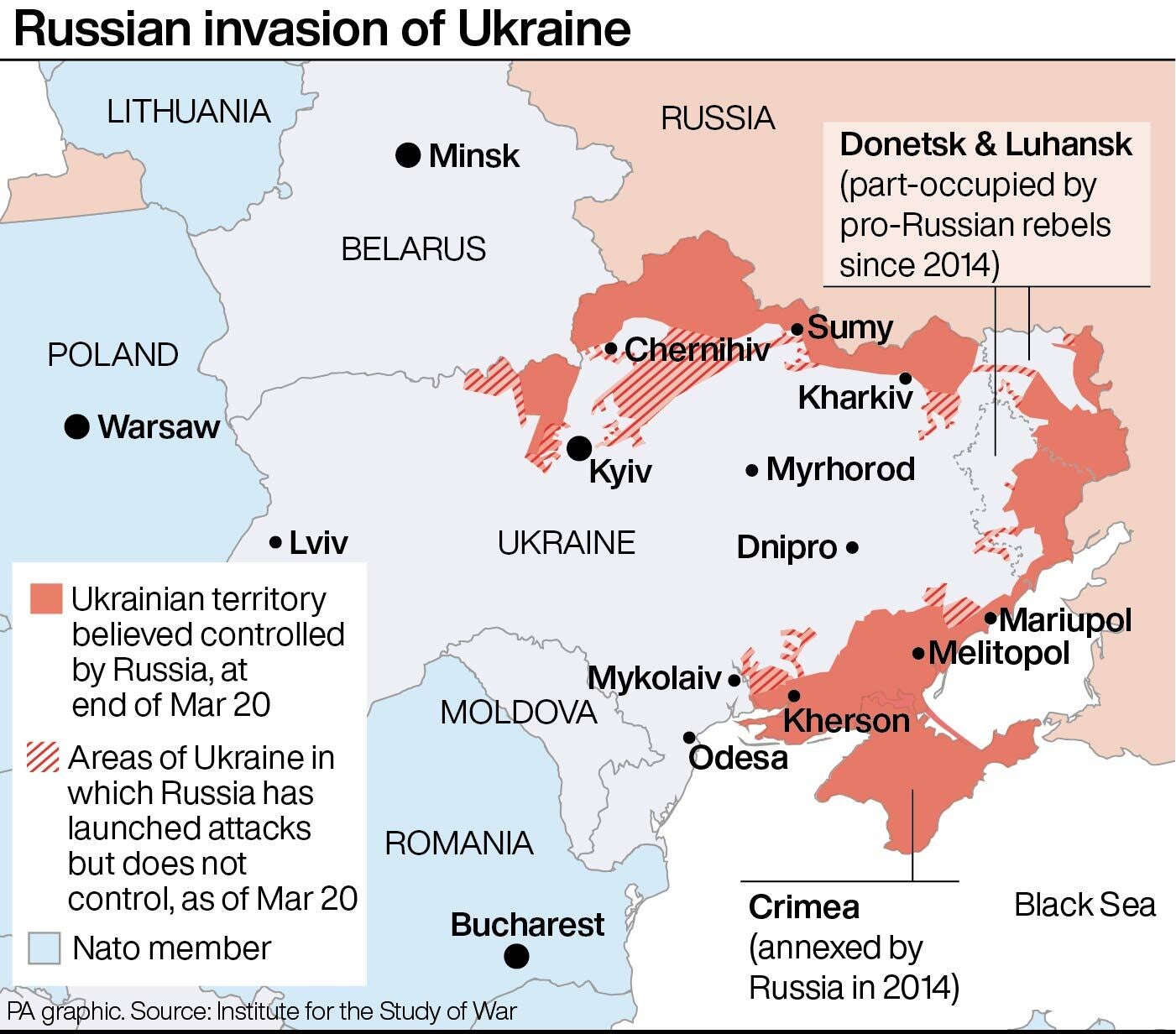Holocaust survivor, 96, killed by shelling in Ukraine after surviving four concentration camps
Boris Romanchenko was killed by a missile in Kharkiv 77 years after the end of the Second World War
Your support helps us to tell the story
From reproductive rights to climate change to Big Tech, The Independent is on the ground when the story is developing. Whether it's investigating the financials of Elon Musk's pro-Trump PAC or producing our latest documentary, 'The A Word', which shines a light on the American women fighting for reproductive rights, we know how important it is to parse out the facts from the messaging.
At such a critical moment in US history, we need reporters on the ground. Your donation allows us to keep sending journalists to speak to both sides of the story.
The Independent is trusted by Americans across the entire political spectrum. And unlike many other quality news outlets, we choose not to lock Americans out of our reporting and analysis with paywalls. We believe quality journalism should be available to everyone, paid for by those who can afford it.
Your support makes all the difference.A Holocaust survivor who endured four separate concentration camps has been killed in a Russian shelling at his home in Ukraine.
Boris Romanchenko, 96, died after a rocket hit the multi-storey apartment block where he lived in Kharkiv, the country’s second-largest city, on Friday.
He had survived Buchenwald, Peeneünde, Mittelbau and Bergen-Belsen concentration camps during the Second World War.
Announcing Mr Romanchenko’s death on Monday, the Buchenwald and Mittelbau-Dora Memorials Foundation said it was “stunned” by the news.
“It is with horror that we report the violent death of Boris Romanchenko in the war in Ukraine,” the foundation said in a statement.
“We mourn the loss of a close friend. We wish his son and granddaughter, who brought us the sad news, a lot of strength in these difficult times.”
Mr Romanchenko was vice-president for the Buchenwald-Dora International Committee in Ukraine for many years.
The grandfather was born on 20 January 1926, in Bonardi, near the northeastern city of Sumy in Ukraine.
In 1942, he was deported to Dortmund, Germany, where he had to do forced labour underground.
He tried to escape but was caught and sent to Buchenwald concentration camp in January 1943.

He also faced time at Peeneünde concentration camp, where he had to help the Germans build a V2 rocket, and was also sent to Mittelbau and Bergen-Belsen.
On 12 April 2015, he spoke Buchenwald’s oath in Russian on the former roll call area of the concentration camp, saying: “The construction of a new world of peace and freedom is our ideal.”
The Buchenwald and Mittelbau-Dora Memorials Foundation said Mr Romantschenko “campaigned intensively for the memory of the Nazi crimes”.
Apart from Mariupol, the eastern cities of Kharkiv, Sumy and Chernihiv have been hardest hit by Russia’s tactic of flattening urban areas with artillery since it began its invasion of Ukraine on 24 February.
Kharkiv mayor Igor Terekhov said hundreds of buildings, many of them residential, had been destroyed in the city.
“The city is united...Kharkiv will survive,” he said, describing hundreds of buildings destroyed.
“It is impossible to say that the worst days are behind us, we are constantly being bombed, there was shelling again overnight.”





Join our commenting forum
Join thought-provoking conversations, follow other Independent readers and see their replies
Comments